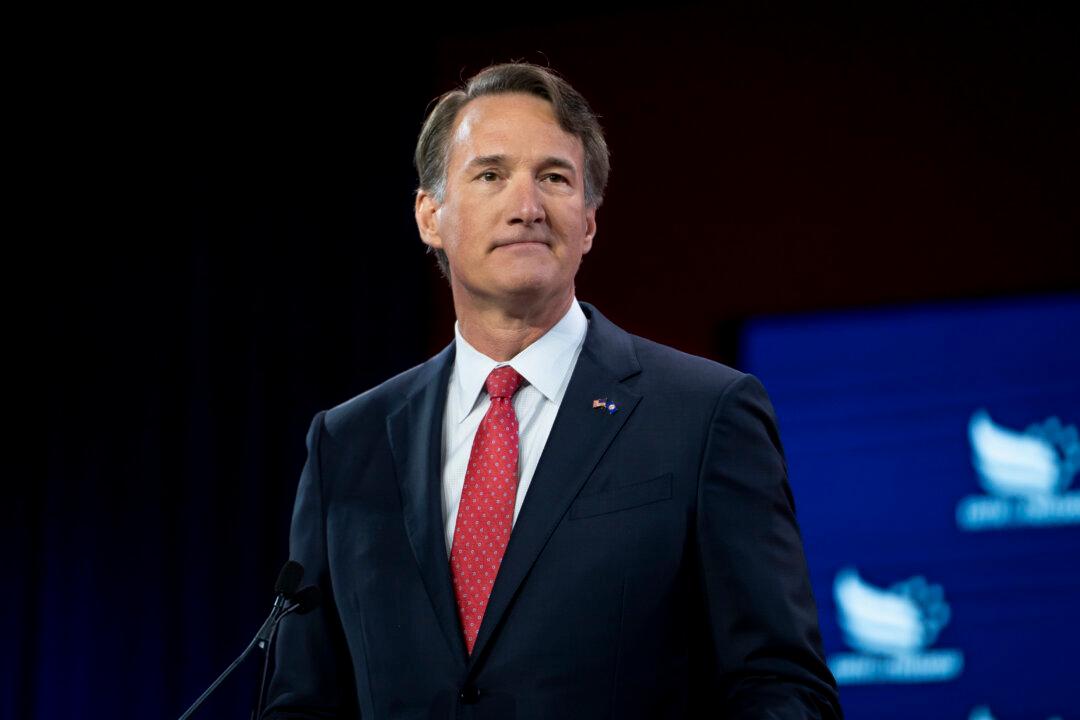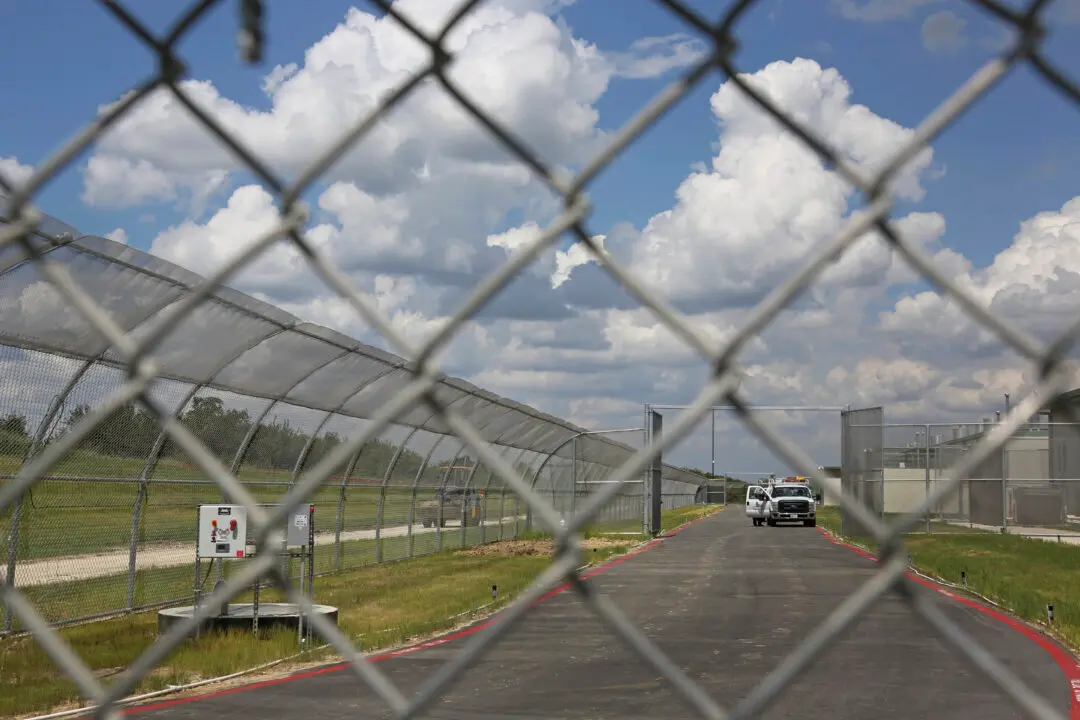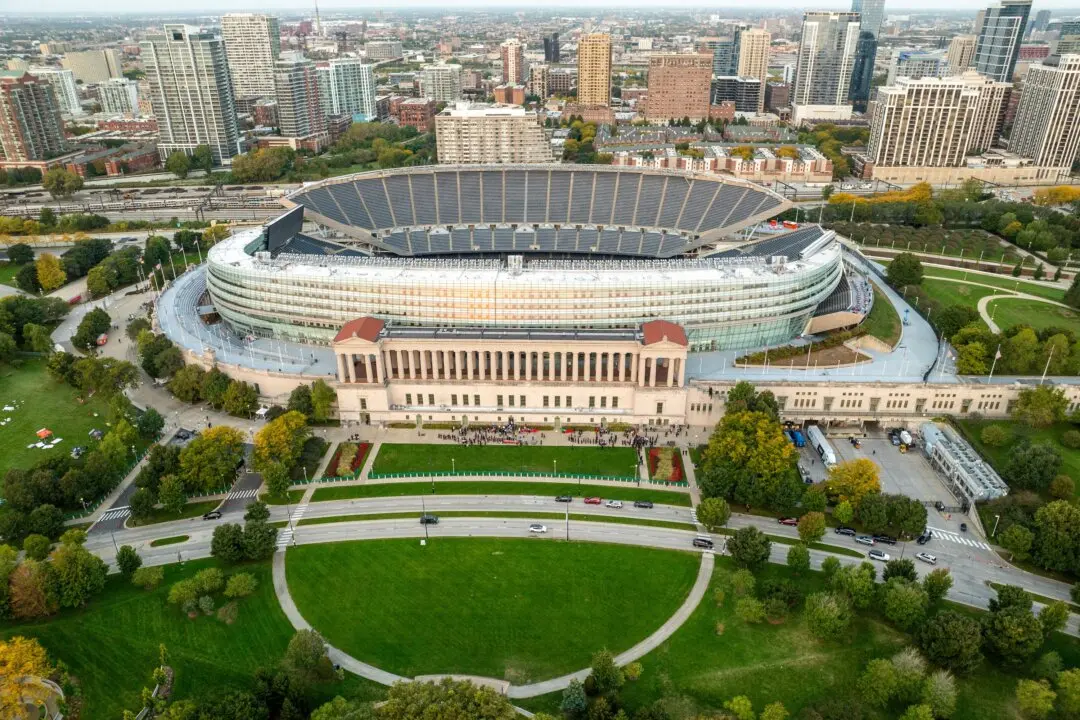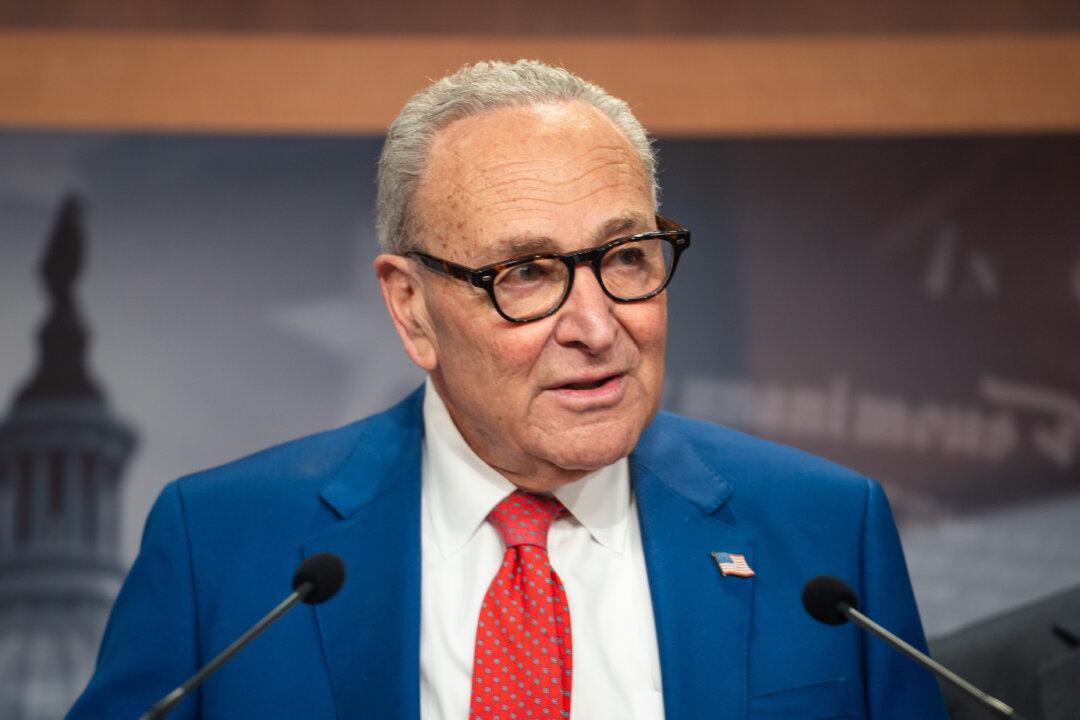Virginia Gov. Glenn Youngkin signed an executive order on Aug. 7 to implement security measures ahead of the November election.
The measures include using paper ballots, tracking possession of ballots during early voting, matching the number of ballots cast with the number of voters who have checked in and the number of ballots sent to voters, and requiring absentee ballots to be requested before being mailed to voters, in addition to not accepting them back unless the voter provides the last four digits of his or her Social Security number and birth year.





